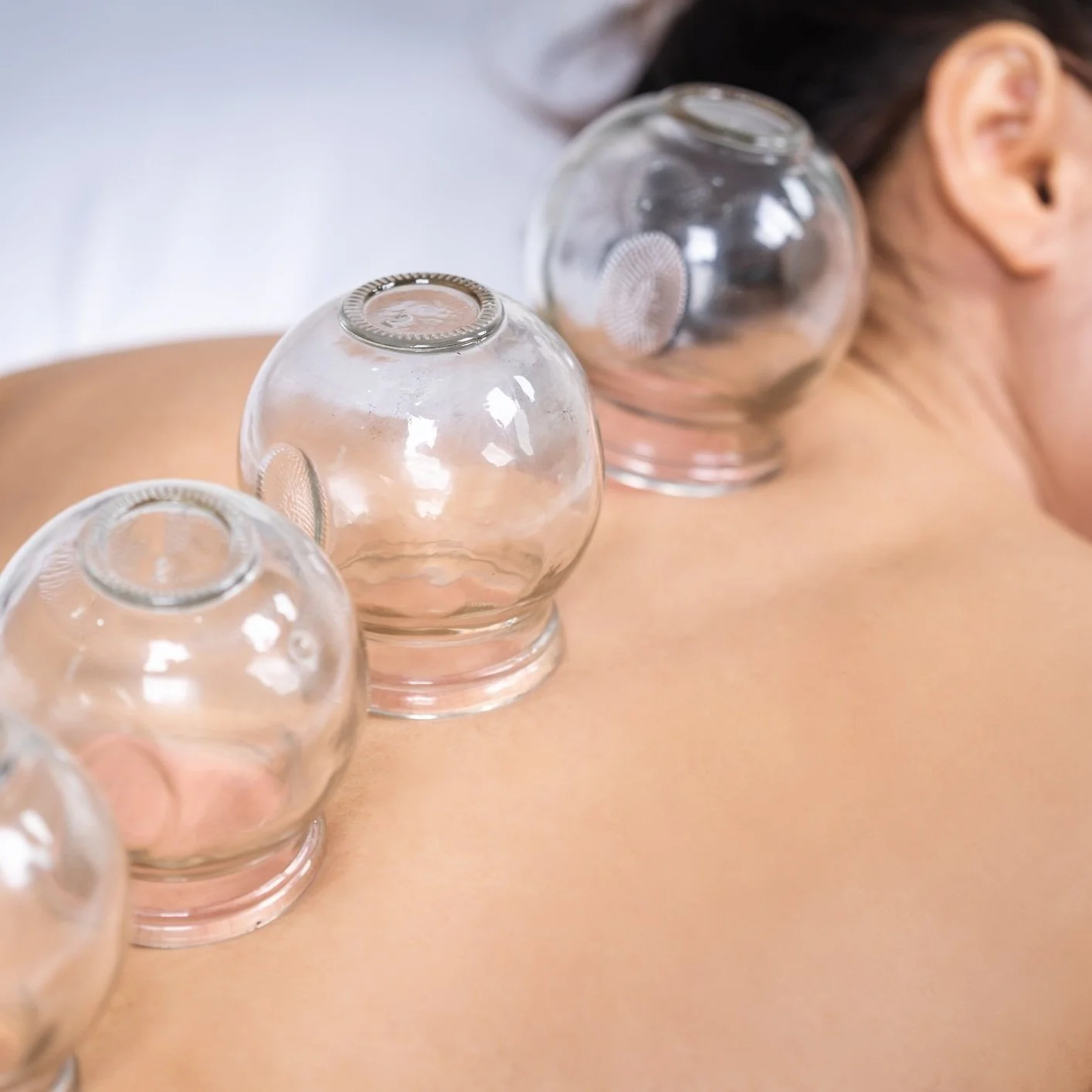why choose acupuncture?
acupuncture provides a unique system of assessing the body as a whole and identifies the correlation between root-cause stressors and symptoms. No two people are the same and so my diagnosis and treatment plans will be tailored to the specific needs and health concerns of each individual person I treat.
acupuncture can also complement and support conventional Western medicine and treatments very well, enhancing effectiveness and minimizing side effects.
regular acupuncture sessions will not only target existing health issues but can also promote overall wellness, supporting emotional and physical balance. So it is a great option for people wanting to explore a more natural, drug-free approach to healthcare and life-balance.
what can acupuncture assist with?
Pain, illness or health irregularities are often indications the body or mind is out of balance. I will work with you to identify the root cause of the imbalance and use acupuncture and other treatment modalities to work with your body to initiate a healing response.
address injury or illness
support women’s health, menstrual cycles and menopausal symptoms, fertility, pre- and post-natal care,
reduce stress and support mental wellbeing
optimize performance in sport and support physical recovery
provide a natural non-evasive approach to skin issues and facial rejuvenation
how does acupuncture work?
from a western perspective (because generally this is how people want to understand it), scientific research indicates that the insertion of acupuncture needles stimulates communication between the nervous system and brain. This interaction triggers the release of neurotransmitters like serotonin, dopamine, noradrenaline, GABA, and endorphins, which all have specific functions within the body. For example, endorphins act as natural painkillers, activating opiate receptors for pain relief, while serotonin contributes to mood stabilization, sleep, and digestion. Additionally, acupuncture has been shown to improve microcirculation, affecting blood flow and viscosity, as well as help reduce inflammation and swelling. It is understood that acupuncture produces its effects through regulating the nervous system, aiding the activity of pain-killing biochemicals such as endorphins and immune system cells at specific sites in the body. Studies have shown that acupuncture may alter brain chemistry by changing the release of neurotransmitters and neurohormones and therefore, affect the parts of the central nervous system related to sensation and involuntary body functions. This can then influence immune reactions and processes that regulate a person's blood pressure, blood flow, and body temperature.
the Chinese medicine view and principles are entirely different to that of Western medicine. Acupuncture was practiced in ancient China as one of their first medical systems, over 2.500 years ago. Fast forward to today, it is still a core part of China’s health system – offered in hospitals alongside and with equal importance as westernized medicine. Chinese medicine views the body as a dynamic system in which all aspects—physical, mental, emotional, and spiritual—are interconnected. Acupuncture is a holistic therapy that addresses the root causes of disharmony within the body, rather than simply treating isolated symptoms. It works by influencing the flow of Qi, or vital energy, within the body’s acupuncture channels. Health is maintained when Qi flows smoothly and harmoniously throughout the channel system. Disruptions or imbalances in this flow can lead to deficiency or excess patterns which can result in various health issues. Acupuncture seeks to restore balance and harmony by stimulating specific acupuncture points along the body’s channels, to unblock Qi, to promote Qi movement or tonify Qi in specific areas or organs in the body.
what are the treatment tools?
acupuncture
moxa stick or cones
electro-acupuncture
gua sha
cupping
ear acupuncture & seeds
LED light therapy
infra-red heat lamp









